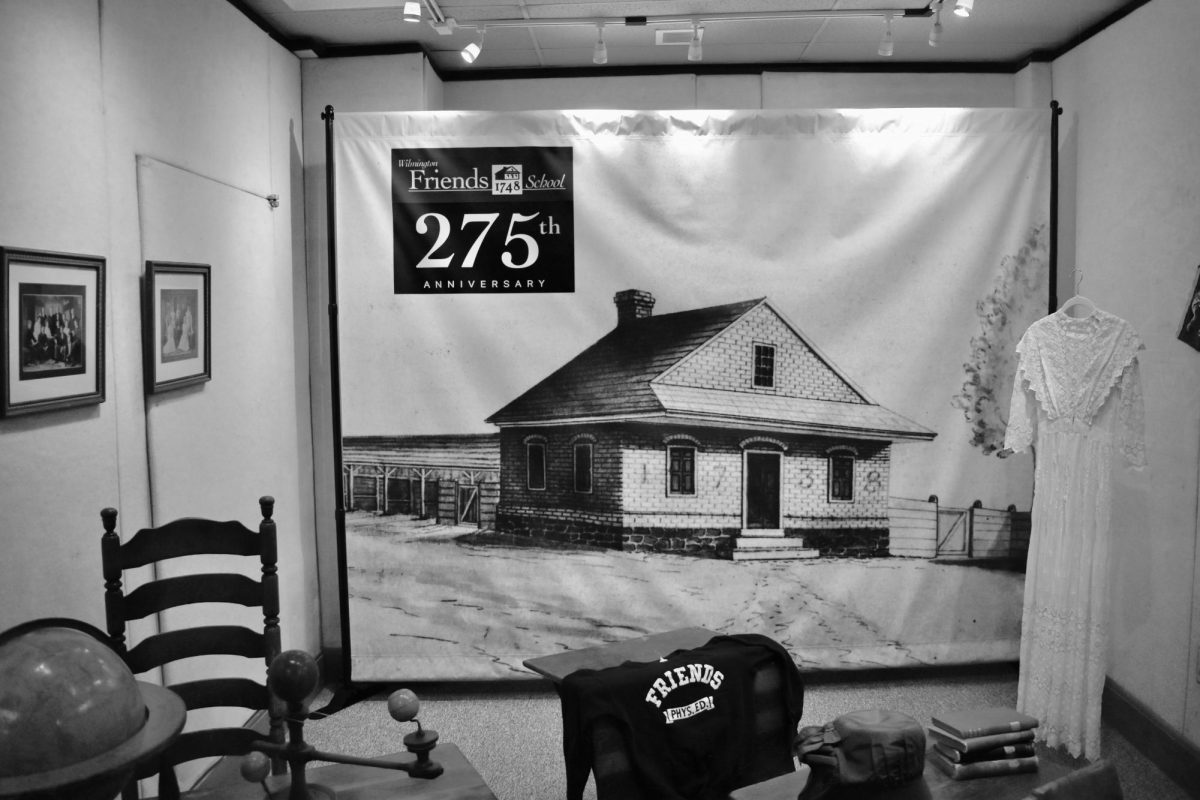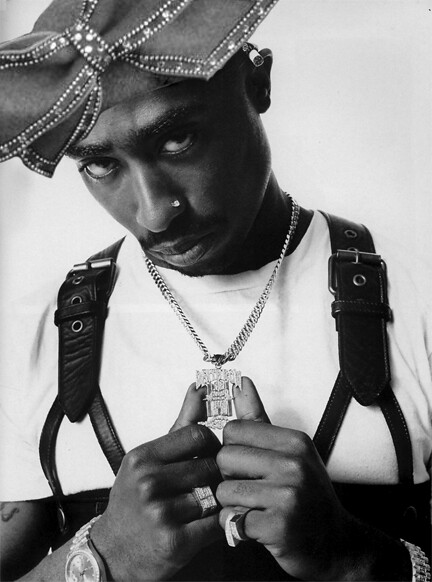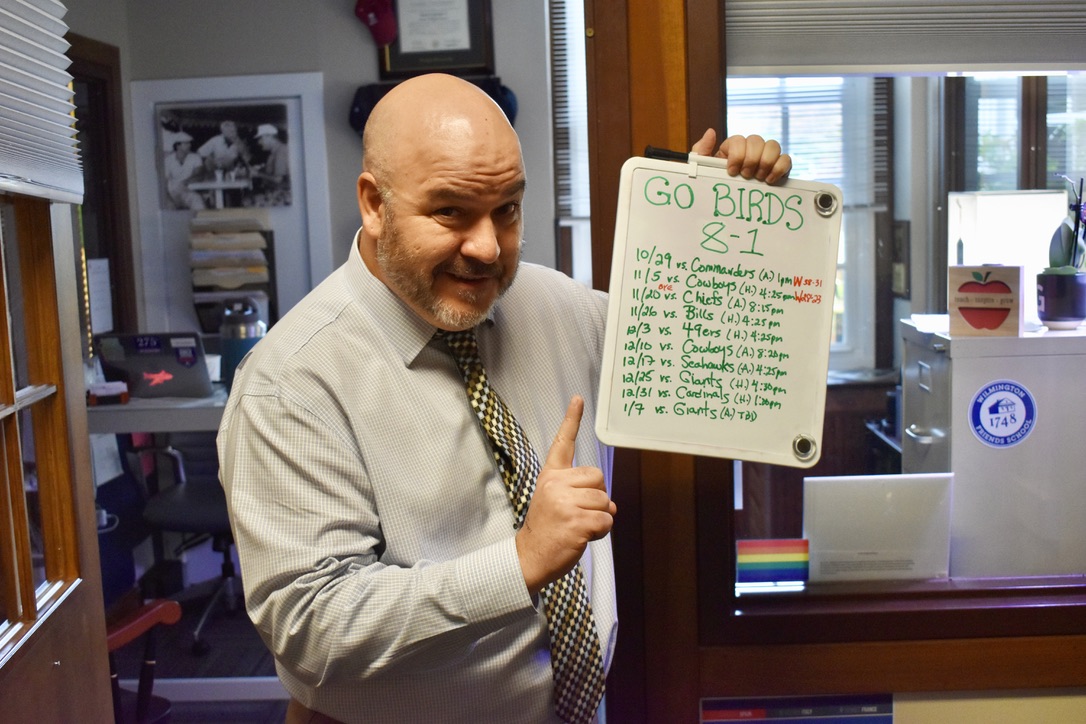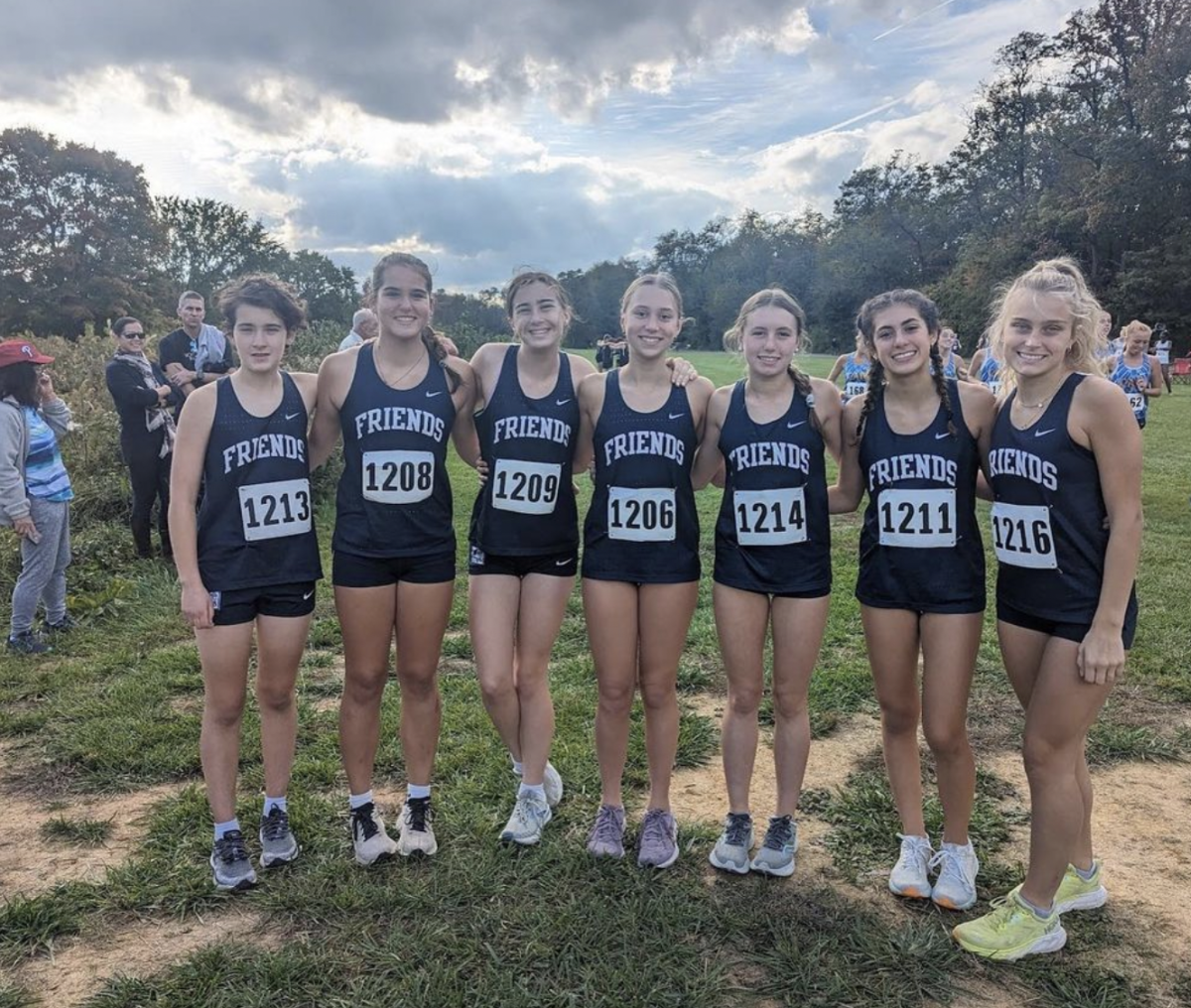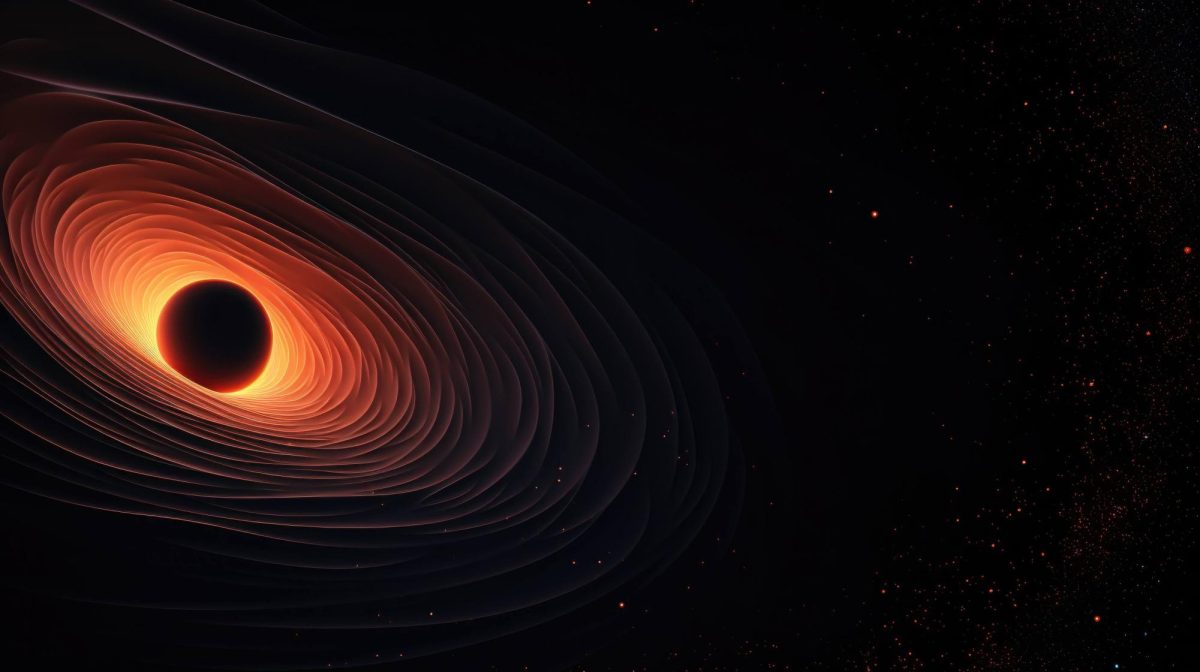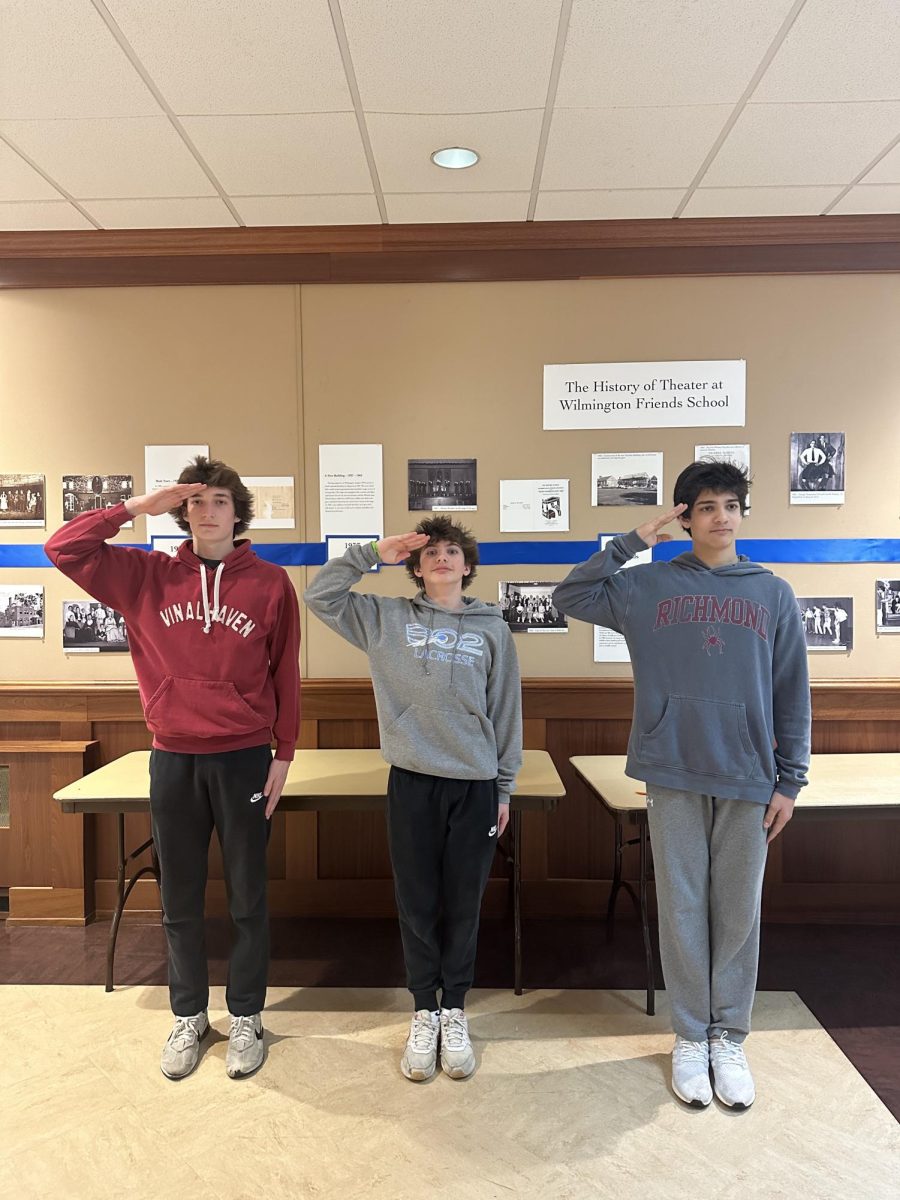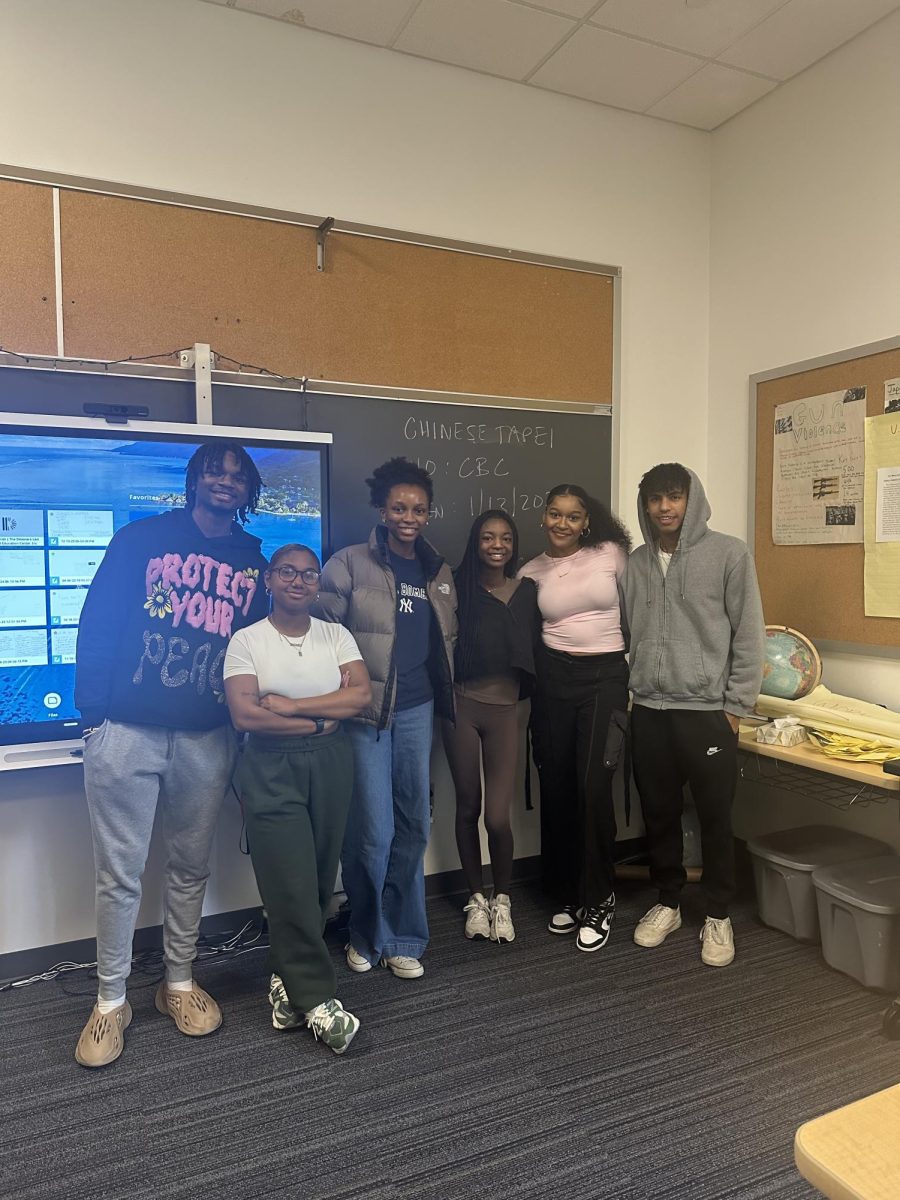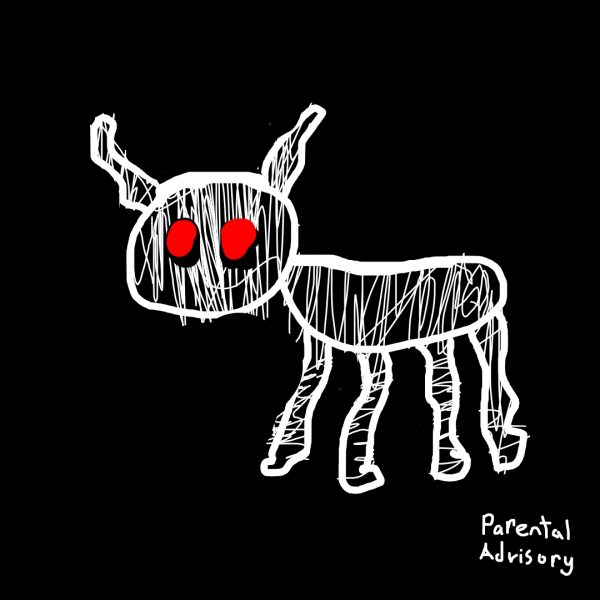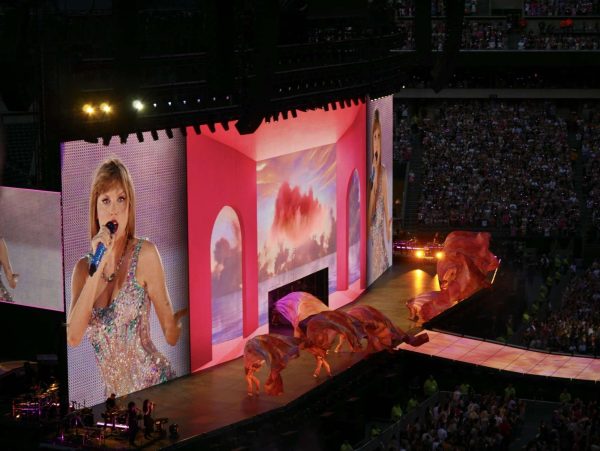Fan Favorite Novels Released as Movies
Holiday 2014
From Harry Potter to The Fault in Our Stars, filmmakers have continued to undertake the daunting task of adapting bestselling novels into successful movies. The responses to these film counterparts vary, especially among the Wilmington Friends School community. Either anxiously awaiting their favorite books to become cinema sensations, or worried that the new films will serve as poor reflections of the stories held close to their hearts, audiences scrutinize the films when they are released in theatres. Their reactions include admiration for the film’s true correspondence to the original novel or exasperation due to their alterations and omissions of the novel’s memorable details.
Directors Chris Columbus, Alfonso Cuarón, Mike Newell, and David Yates have all stepped up to face the unthinkable challenge of translating the Harry Potter books into film. Needless to say, they were carrying precious cargo. How could a movie ever do J.K. Rowling’s beloved novels justice? As each film was released, potter fans picked apart the production, complimenting its loyalty to Rowling’s words or criticizing its elimination of some specific details in the story. Annette Wannamaker, a literature professor from Eastern Michigan University who created a course dedicated solely to the Potter books, boldly deemed the films superior to Rowling’s original novels for several reasons. “Rowling needed better editors to keep her from being long-winded… And the movies don’t have that problem,” argued Wannamaker, particularly questioning the length necessary for the seventh and final Potter book. Margaret Kane ’16, however, remained faithful to Rowling’s series, her opinion firmly contradicting the arguments of Wannamaker. Margaret felt disappointed by the film’s inadequate inclusion of Rowling’s creative details that Wannamaker might denounce as “long-winded” or “tedious”. She argued: “The Harry Potter movies tend to focus on the major events in the story, so I missed out on seeing a lot of my favorite little details come to life on the big screen. It’s always going to be hard to meet the expectations set by the books because you can’t fit in all these details in a movie.”
Veronica Roth’s Divergent, a science-fiction novel in which a post-apocalyptic society divides people into four distinct factions based upon human virtues, was also adapted into a much anticipated film. Released by Summit Entertainment last march, Divergent received particular laudatory responses for the performances of Shailene Woodley and Theo James. Todd Gilchrist of The Playlist praises Woodley for her portrayal of protagonist Beatrice, Or Trice, Prior: “Woodley makes for more than uncertain enough of a hero to add detail and meaning to the implosion of this world…There’s little artifice to her performance, and the mundane honesty of her reactions create a believability that the world would otherwise lack.” Several differences between the Divergent film and book jumped out at Jimmy Carney ’15, who, interestingly, chose to dive into Roth’s trilogy after seeing the movie in theatres. Jimmy explained, “I felt that the movie left out some key elements that turn out to be important in the second and third book, so it’ll be interesting to see how the next two movies make up for that.” Jayna Jones ’17 whose enthusiasm for the story wavered after her viewing of the film, argued, “If you either watched the book or saw the movie you’d probably be happy,” later adding, “I found that the movie made the book look ten times better. It was definitely a disappointment.” On the other hand, critics noted major motion pictures The Hunger Games and Catching Fire for their success in matching up with the intent of Suzanne Collins, author of the renowned Hunger Games trilogy, by capturing the dramatic violence and raw emotion present in her novels. Of course, as an English teacher, Lauren Gutstein, passionately defended her predilection for The Hunger Games novels over the films. She insisted it was impossible for the movie counterpart to top her experience reading Collins’s novel. “I spent my entire fall break in grad school reading The Hunger Games. I was so engrossed by the novel that I refused to leave the house until I finished. I believe there is something special about experiencing a story through the printed page.” Hunger Games fans have set their hopes high for MockingJay Part 1, the first of the two films concluding the story made famous by Collins.
Many readers, appreciating both the privilege of utilizing their own powerful imagination and the author’s use of various literary techniques, will denounce the blockbuster competitors of their favorite novels. After all, how often is “it just wasn’t what I pictured” among the initial reactions to these films? However, films can just as easily bring novel enthusiasts to, in a sense, the “dark side” through their impressive casting choices and productive use of stunning visual effects, proving that sometimes the movie can be just as good as the book.

